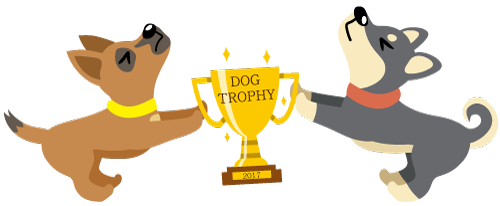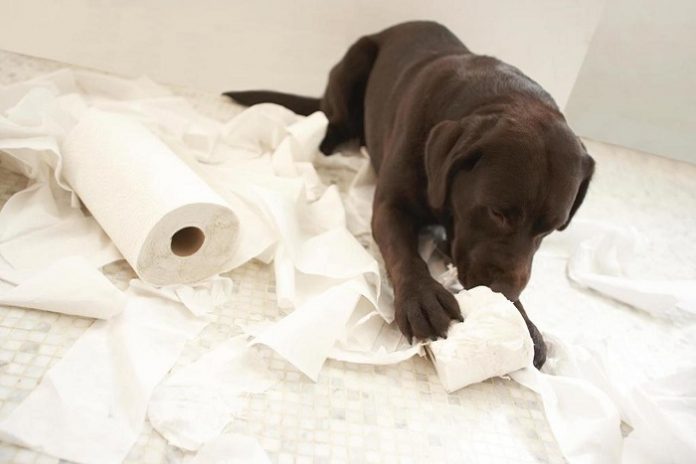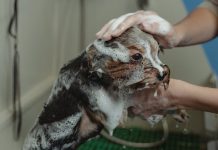Like humans and dogs can have diarrhea. Dog diarrhea is characterized as mild feces that can be acute or chronic. The reasons range from a simple diet change to a serious illness.
It is difficult to make a definitive diagnosis of campylobacteriosis, as special nutrient media are required to isolate Campylobacter, a stool sample should be taken directly from the rectum and as soon as possible to seed a sample on a nutrient medium, and Campylobacter is a common finding in the stool of healthy animals.
When we notice that our dog has soft feces we should also notice his behavior such as the accompanying symptoms of vomiting, loss of appetite, weight, temperature, abdominal pain and the like. In that case, you should contact a veterinarian.
The reasons for dog shedding are numerous and vary depending on the longevity of the condition. The causes of dog diarrhea can be numerous and may vary depending on the duration of the condition.
The reason for the diarrhea that appears most often is:
– Stress
– Rapid diet change
– Consuming leaner foods
– Viral, bacterial or parasitic infection
Chronic diarrhea can be caused by:
– Dietary allergy or intolerance
– Certain parasites
– Bacterial infections
– Pancreatic problems
– Inflammation of the intestine
– Some types of cancer
– Diseases outside the gastrointestinal tract.
When your dog’s diaper is more water-based it can be a sign of more stress, viral or parasitic infection. This diarrhea can quickly lead to dehydration (especially in small dogs) so make sure your dog is getting enough fluids. If there are white spots in diarrhea then it is a parasitic infection.
Diarrhea that contains blood can indicate that the dog has problems with colitis, proctitis or other similar health problems. In this case, the vendor should be taken to a veterinarian.
When the diarrhea is black again, it may be an indicator of internal bleeding of the stomach or small intestine. And in such a situation the dog should be taken to a veterinarian.
If home treatment is applied, diarrhea will stop after a few days. If the dog is healthy and has regular diarrhea, a few steps should be taken. It is important that your dog has access to freshwater to avoid dehydration.
In addition, is better to avoid feeding the dog for 12 to 24 hours while having diarrhea. Avoiding food is not recommended if the dog is young. It is best to consult a veterinarian about proper nutrition and possible shortage of food in case your dog has this problem.
If you want your dog to continue his normal diet and solve his diarrhea problem then give him:
– Boiled rice water. When the rice is cooked, strain it and give the water to your dog.
– Yogurt. Yogurt, in particular, helps the dog to consume milk and dairy products more easily.
– Protein
– Special dog food. There is food that is designed to soothe digestive problems in dogs.
Erythromycin is used in campylobacteriosis therapy in humans, and animals can be treated with this antibiotic with great success.
During the treatment of the animal, owners need to implement enhanced hygiene measures in keeping the animal, as the bacteria are rapidly eliminated into the outside via a stool that becomes a possible source of human infection.
To reduce your chances of diarrhea in dogs you should not change his diet without giving him a period of adjustment, do not give him bone-shaped toys and give him access to the litter bin.





